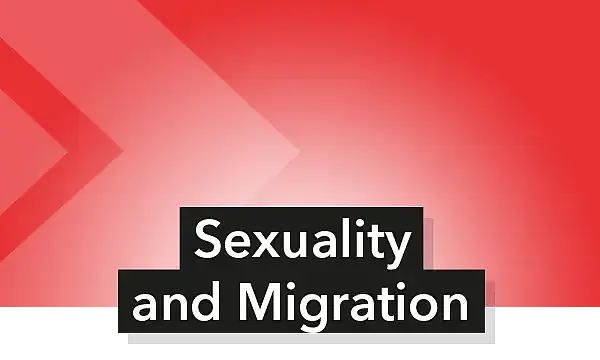In 2010 the BZgA study ‘Sexuality and Migration: Milieu-specific Routes to Reaching Young People for Sexuality Education’ showed that young people with a migrant background are to be grouped into different milieus and that these in particular determine their needs for information around sexuality education. The present study into young people who have experienced fleeing their homeland picks up at this point: what do we know about their lives, attitudes, norms, values and behavioural intents, especially with regard to sexuality, relationships and family planning? What wishes for information about sexuality education do they have?
This study delivers qualitative valid statements. That makes it the first empirically founded study in the German-speaking realm that depicts the breadth of different attitudes, stances and mindsets among refugees in the form of a value-based typology. One thing becomes clear: young refugees are not a homogeneous group: even within the various ethnic groups young people can differ significantly in their values and life plans. In other words: there is no one refugee.
Valuable information can be derived from these results, regarding how these young people who have fled their homes deal with the subject of sexuality education and what impacts that can have on creating and conveying information.


